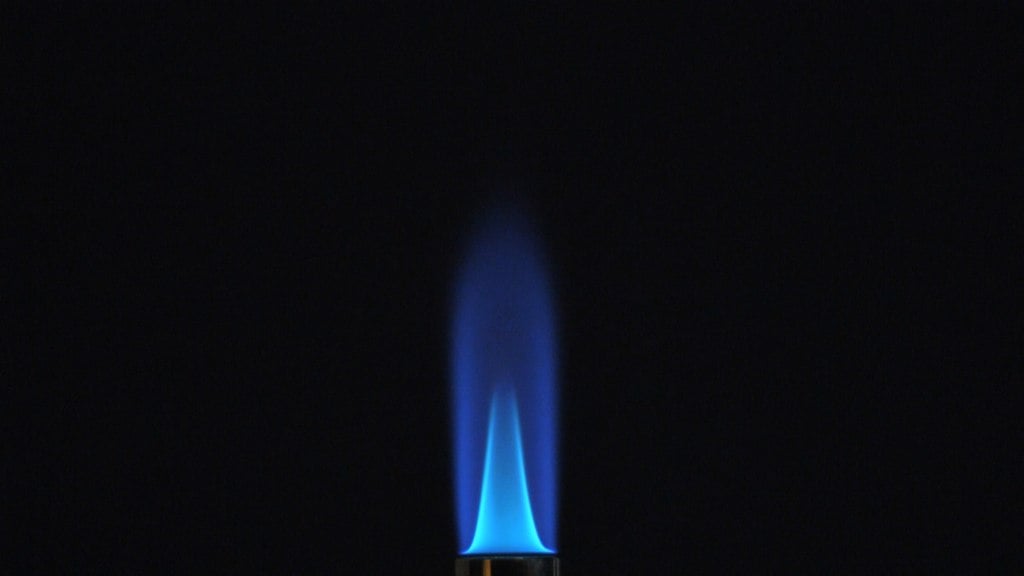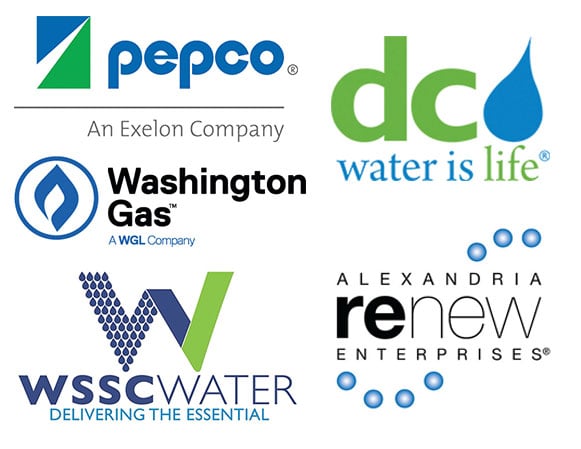If you think your home or office has a natural gas leak, leave it and call 911. You can usually tell by the rotten egg smell.
“Natural gas has an odorant added to it called mercaptan,” says Alan Hinde, division chief for Montgomery County Fire & Rescue. “And when natural gas leaks both inside and outside the home there is a very noticeable odor that is created. “Generally speaking most people will notice it, and it is a foul, somewhat rotten-egg type of smell.”
But there are other indicators of a gas leak that aren’t so obvious. Here are some things to remember about natural gas.
Seriously, get out.
The first step when you suspect a leak is to gather anyone in the home, office, or building and get to a safe location where you can call 911.
“The biggest thing that I have to urge and I urge it very strongly, is when you smell natural gas inside or outside the home call the fire department,” says Hinde. “ The fire department will have an emergency response to your location, they will get their rapidly and they will be able to more safely evaluate the issue.”
Listen. And check out your lawn.
According to Washington Gas’s safety and education site, other signs of a leak can include hissing or blowing noises near appliances, fire appearing to come from or burning above ground, dirt being blown into the air, or dry spots on the ground near or around your home.
“Natural gas itself isn’t toxic,” says Hinde. “But it has a very low humidity level and dries out soil. So if there is a leak that existed for an extended period of time, it sometimes will kill grass or bushes.”
Don’t touch any switches. Or matches (duh).
While the most important thing you can do is get away from the natural gas leak and call 911, while you’re leaving make sure you don’t light a match or turn electrical equipment, appliances, lights or cars on or off.
Due to the flammability of natural gas—which is caused by methane, a chemical compound — doing any of the above can cause a fire or, worse, an explosion.
Make sure you get far enough away.
100 feet away is the safest you can be when a natural gas leak occurs, says Hinde. He urges residents to align themselves with the corner of the building.
“The corners of the building are the strongest part of the structure,” says Hinde. “In case there would be a negative experience, you would be in the safest place possible at that location.”
Don’t assume you can’t have a leak because you don’t have natural gas service.
Yes, even if you don’t have natural gas in your own home that doesn’t mean there is not a natural gas distribution system in your neighborhood. “It’s a much rarer condition than most people would experience,” says Hinde. “”But the possibility does exist.” (A survey published in 2014 identified nearly 6,000 leaks in the District due to aging pipes.) Since natural gas is distributed by underground pipes, if a leak should occur, it can migrate to buildings that don’t operate on natural gas.

















